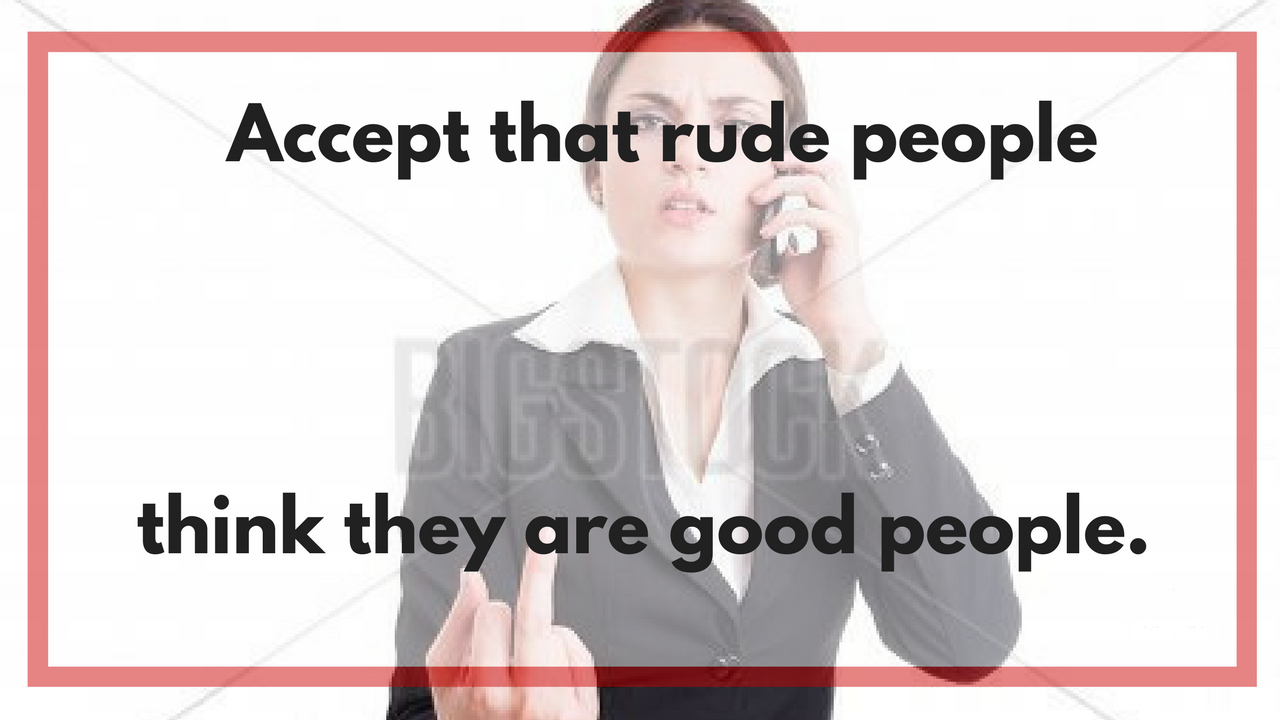One of my favorite books is Dale Carnegie’s “How to Win Friends & Influence People.” The first chapter of the book explores how murderers, gangsters and thieves in the 1920s believed they were good, misunderstood and undervalued. If none of these people blamed themselves for any of the pain they caused others, what makes us think that normal mean people will behave any differently?
“When dealing with people, let us remember we are not dealing with creatures of logic. We are dealing with creatures of emotion, creatures bristling with prejudices and motivated by pride and vanity.” – Dale Carnegie, “How to Win Friends & Influence People.”
When we get upset in response to another person’s behavior toward us, we often feel that we need validation that the person is wrong. We want an apology from that person or we want acknowledgement that this person’s behavior is inappropriate. We believe that if only we could make the other person see how horrible they are, they will stop what they are doing. In reality, we are owed nothing. The other person believes they have done nothing wrong. And the people around you are just glad that they are not the target of the person’s behavior.
When you accept that rude people are never going to see it your way, you take away the need to control the other person’s behavior and return to controlling how you react to it.

